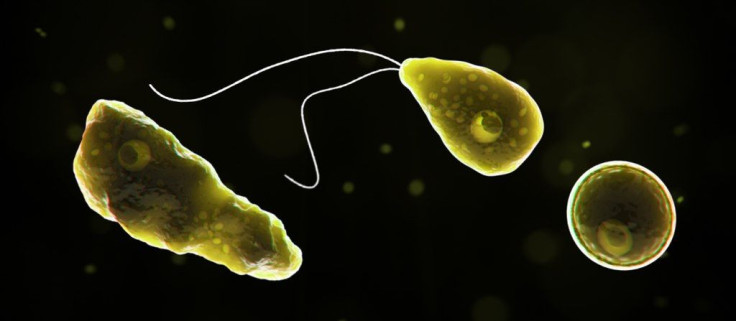Florida Patient Contracts Rare Brain-Eating Amoeba, Health Officials Confirm
KEY POINTS
- Florida health officials confirmed that one person contracted a rare brain-eating amoeba
- There have been 37 cases of N. fowleri in Florida since 1962
- Authorities are urging the public to take preventive measures to avoid getting infected
An individual contracted a brain-eating amoeba infection, according to Florida health officials. Although such infections are rare, authorities are urging the public to take the proper precautions to avoid contracting it.
On Friday (July 3), the Florida Department of Health-Hillsborough tweeted that one person contracted the parasite Naegleria fowleri in Hillsborough County. The agency did not give any specific details about the patient or how he or she contracted the infection but, in the memo attached to the tweet, the agency briefed members of the public on the nature of the infection.
One person contracted Naegleria fowleri in Hillsborough County. Naegleria fowleri is a microscopic single-celled living amoeba. The amoeba can cause a rare infection of the brain called primary amebic meningoencephalitis (PAM) that destroys brain tissue and is usually fatal. pic.twitter.com/icT66tqlkU
— FL DOH in Hillsborough County (@DOHHillsborough) July 3, 2020
N. fowleri is a single-celled amoeba that, once in the body by entering the nose via contaminated water, can cause a rare and often fatal brain infection called primary amebic meningoencephalitis (PAM), which destroys brain tissue.
The parasite can be found in many warm freshwater lakes, rivers, and ponds in the United States but is said to be more common in southern states. Such infections are more likely to occur in the months of July, August, and September, when the water levels are lower and the temperature's warmer.
According to the Centers for Disease Control and Prevention, the fatality rate for infected people who begin to show symptoms is 97%. From 1962 to 2018, only four out of the 145 known N. fowleri infections in the United States survived.
That said, the infection is still considered rare. In the case of Florida, there have only been 37 reported cases of the infection since 1962.
"The low number of infections makes it difficult to know why few people have been infected compared to the millions of other people that used the same or similar waters across the U.S.," DOH-Florida said in the memo.
Even so, the agency is still urging people to take the necessary precautions to prevent contracting N. fowleri, starting with avoiding nasal contact with the waters. Other precautions the agency recommends include avoiding water-related activities in warm freshwater or around power plants, using nose clips when engaging in water activities and, using only boiled or sterile water for neti pots.
Anyone who experiences symptoms, including fever, headaches, nausea, disorientation, loss of balance, or hallucinations after swimming in warm waters, should immediately contact their health provider.
“Remember, this disease is rare and effective prevention strategies can allow for a safe and relaxing summer swim season,” the agency noted.

© Copyright IBTimes 2024. All rights reserved.






















